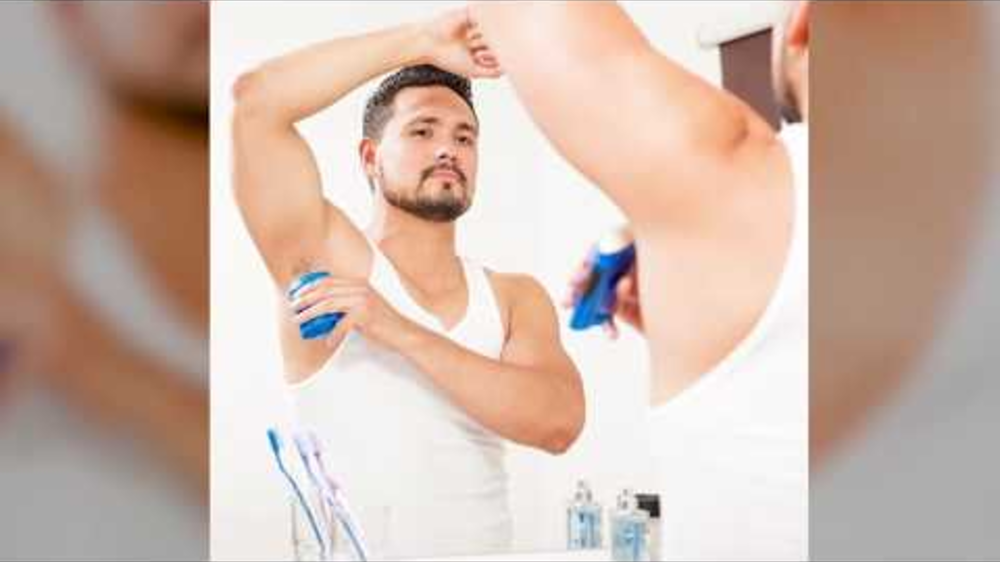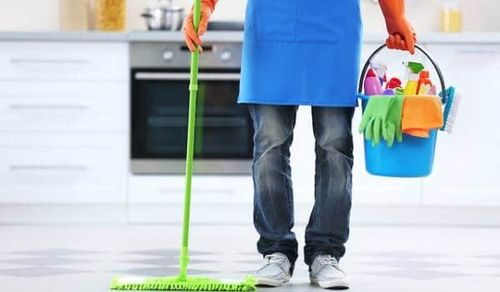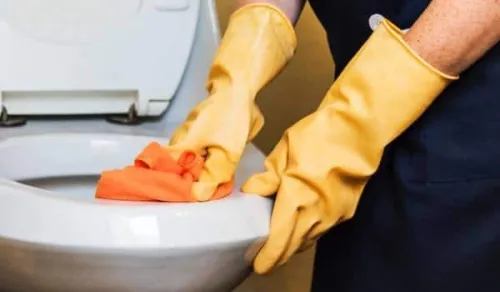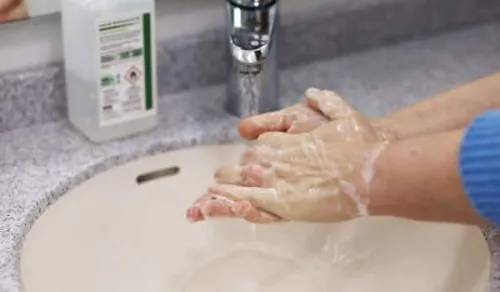Hygiene in the United States

Personal Hygiene
Personal hygiene is the practice of maintaining individual care for the body and clothing. In the United States, this means taking regular showers or baths, applying deodorant daily, washing and grooming hair, and washing clothes frequently. Practicing proper personal hygiene promotes good health, prevents the spread of diseases, and may influence relationships with others. Personal hygiene is also important for getting and keeping a job.
Keeping Your Home Clean
All adult newcomers—old or young, male or female—will need to contribute to maintaining a clean and safe home. Landlords expect proper home cleaning as a part of any lease agreement, and failure to meet some housekeeping standards may lead to eviction. You can keep your home in good condition by establishing regular cleaning routines, including proper storage and removal of trash. In some locations, recycling is a required part of trash removal. This includes separating reusable items such as paper, plastic, and metal materials from your other trash and disposing of them in special recycling bins.
Having a clean home also prevents pest infestations. When using household products to clean your home, it is important to store and dispose of cleaning products safely. Children should not be able to access cleaning supplies as improper exposure can cause serious harm. Some of the products and tools for housekeeping may be new to you.
Respecting Public Spaces
In addition to maintaining personal hygiene and keeping your home clean, respecting public spaces is an important part of United States culture. Public spaces include stores, schools, neighborhoods, other public offices, workplaces, laundromats, parks, and public transportation. There are norms, rules, and in some cases, laws about how people use and behave in these spaces. For example, you must dispose of trash properly in trash cans. In some cases, littering is illegal and violators are required to pay fines. Spitting in public is frowned upon, and it is never acceptable to urinate in public.
It is your responsibility to be aware of any local, state, and federal laws and do your part to keep the environment clean and beautiful for all to enjoy.


Hygiene Practices in the United States
- Wear clothing that is clean.
- Brush your teeth twice a day.
- Clean and clip fingernails regularly.
- Groom facial hair on a regular basis.
- Put on deodorant daily.
- Shower or take a bath using soap regularly.
- Wash and groom hair regularly.
- Wash hands when they are dirty, after using the bathroom, and before and after eating.
- Cover your mouth when you cough to prevent the spread of germs.
- When you have a runny nose, use a tissue, not your hand or the sleeve of your shirt.
- Do not spit in public.
- Do not urinate in public.
- Follow dress code rules at work.

Keeping Your Home Clean
- Cover and refrigerate perishable food. Leaving food out and uncovered can attract insects and mice.
- Put all trash in a trash can, lined with a plastic garbage bag. Full trash bags should be placed in designated garbage cans or dumpsters.
- Recyclable materials should be rinsed and placed in designated bins.
- Do not put egg shells, bones, or fruit or vegetable peels down the sink drain or disposal.
- Do not put objects, such as hair, down the bathroom sink, bathtub drains, or toilets.
- Only toilet paper should be flushed down the toilet.
- When showering, keep water in the shower or bathtub by closing shower doors completely or placing the bottom of the shower curtain inside the tub. Also use bathmats on the floor outside the bathtub or shower. Puddles of water can damage floors.
- Clean every room in your home regularly: dust furniture, wash windows, wipe down counters and other surface areas with proper cleaning disinfectant, sweep, vacuum, and mop floors, as appropriate.
- Wash sheets, pillow cases, other bedding, and towels regularly.
Laundry
Clean clothes are an important part of maintaining personal hygiene. Many apartment buildings or housing complexes provide shared laundry rooms for its residents. There are also businesses, called laundromats, which you can use to wash your clothes if the place where you live does not have laundry facilities. Laundry rooms and laundromats have washing machines and dryers that you must pay to use either with coins or a card that has money loaded on it. You will also need to bring your own laundry detergent which can be purchased at grocery stores. Using laundry rooms and laundromats are a convenient way to keep your clothes clean, but you will need to learn how to use the machines properly and include laundry expenses in your monthly budget.